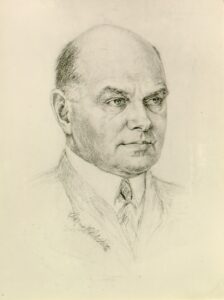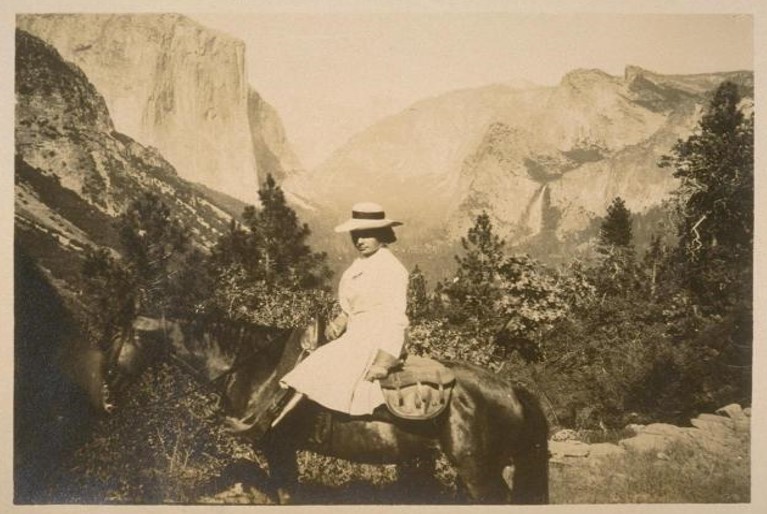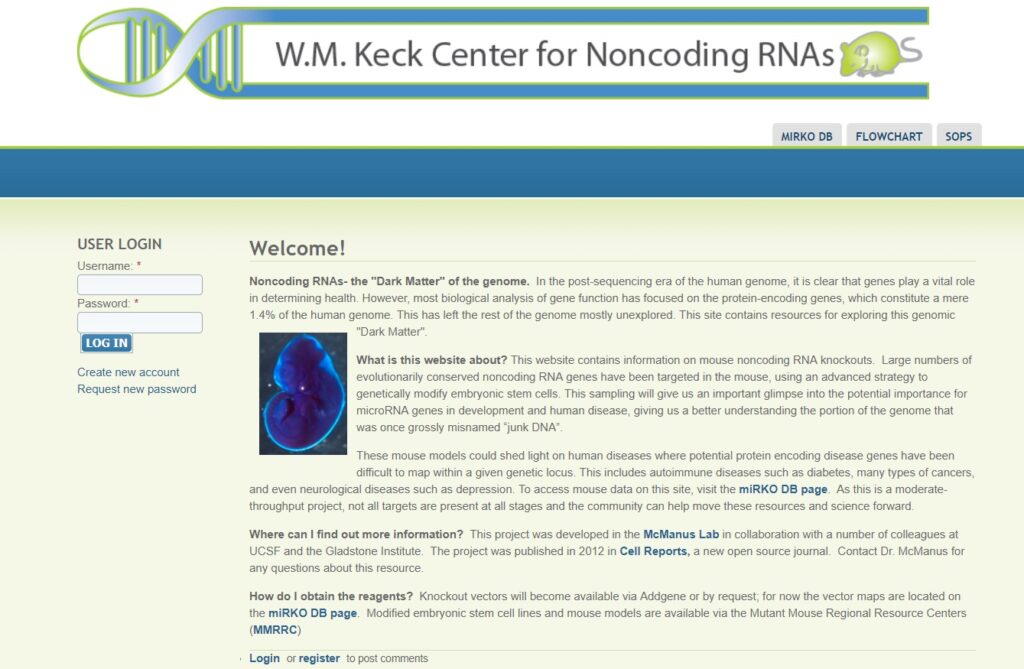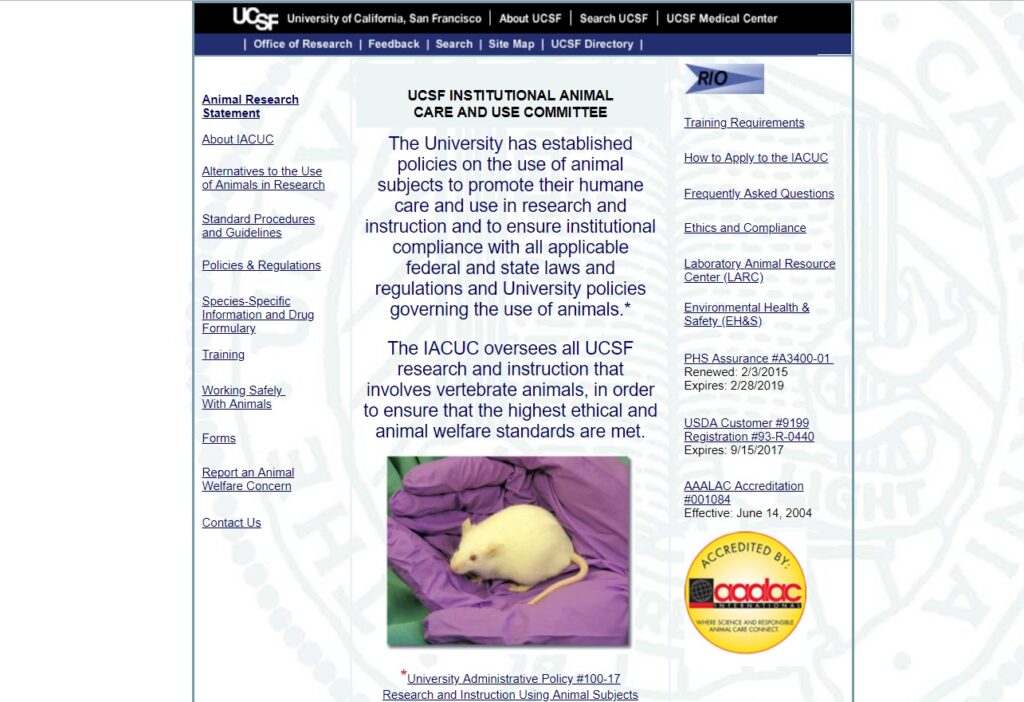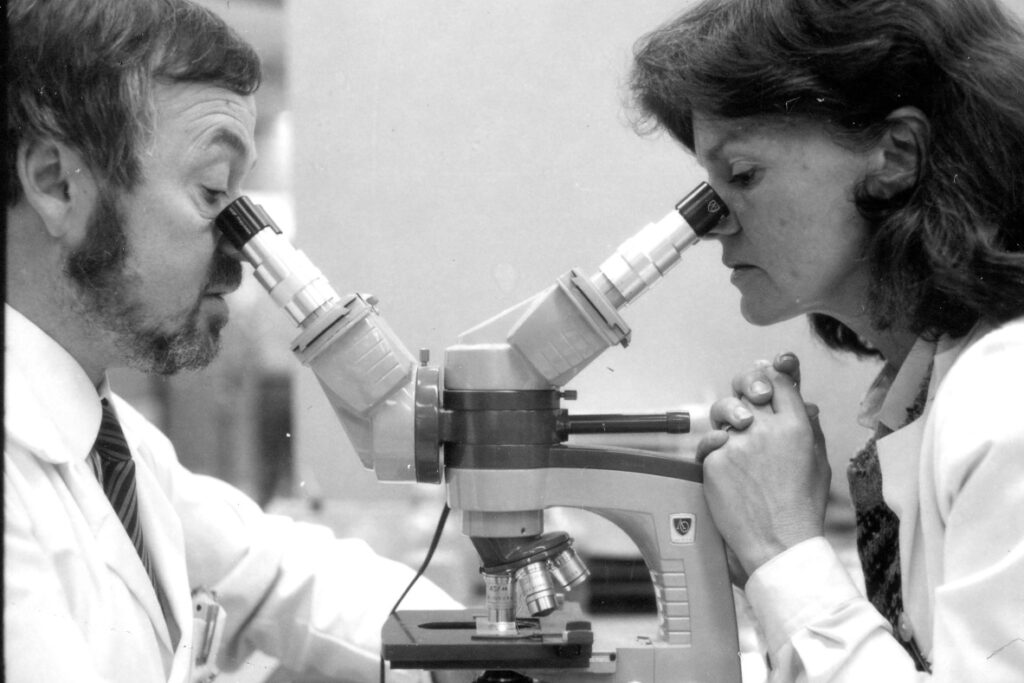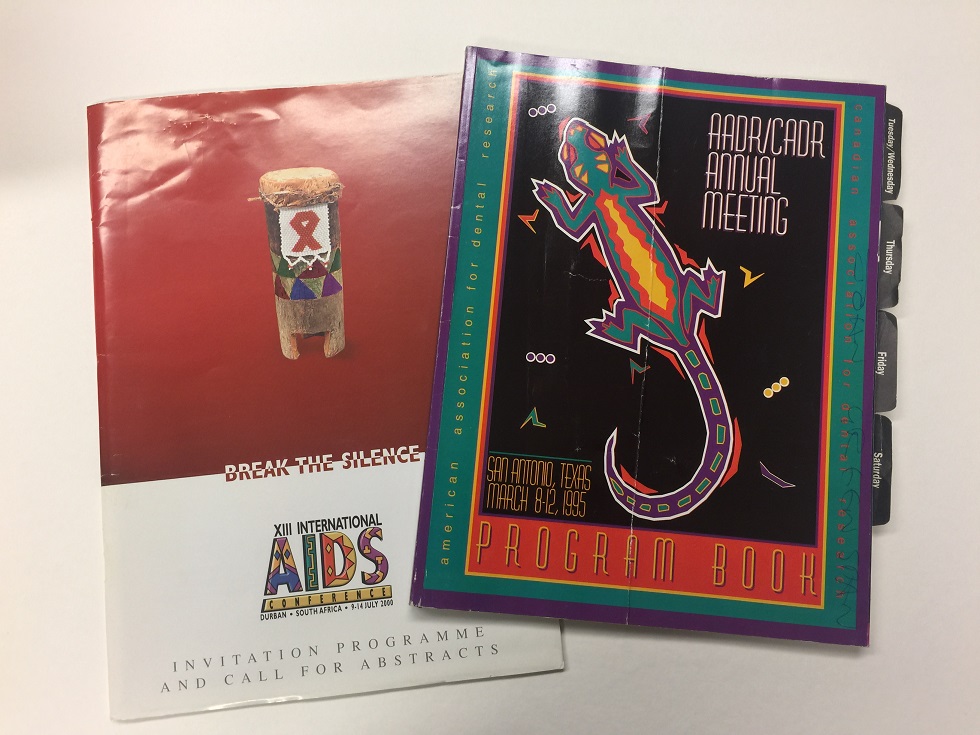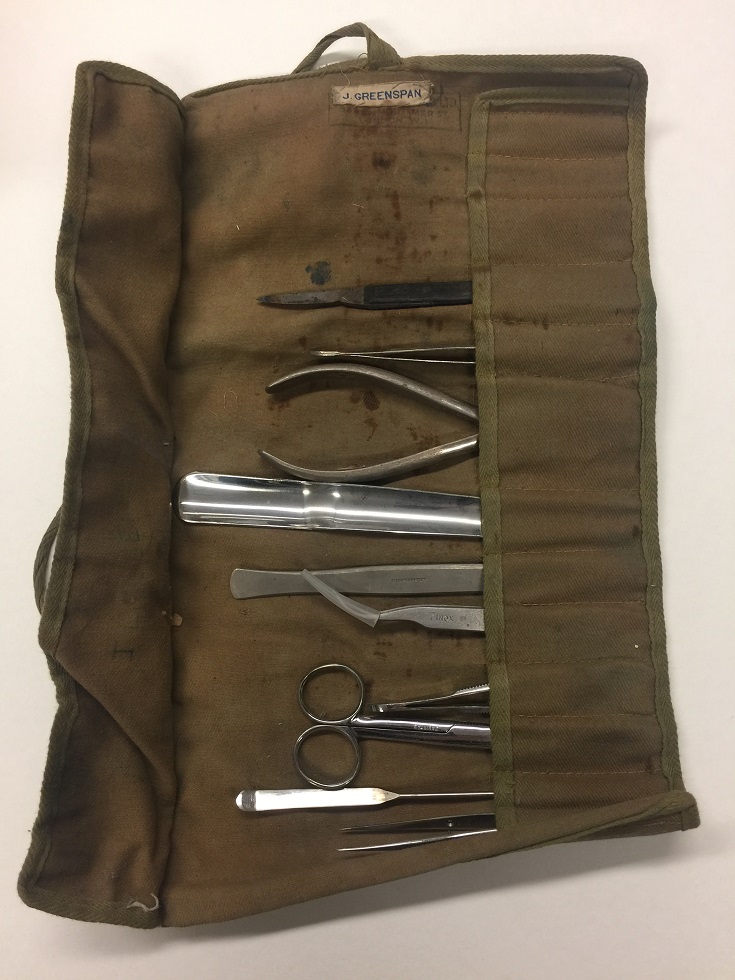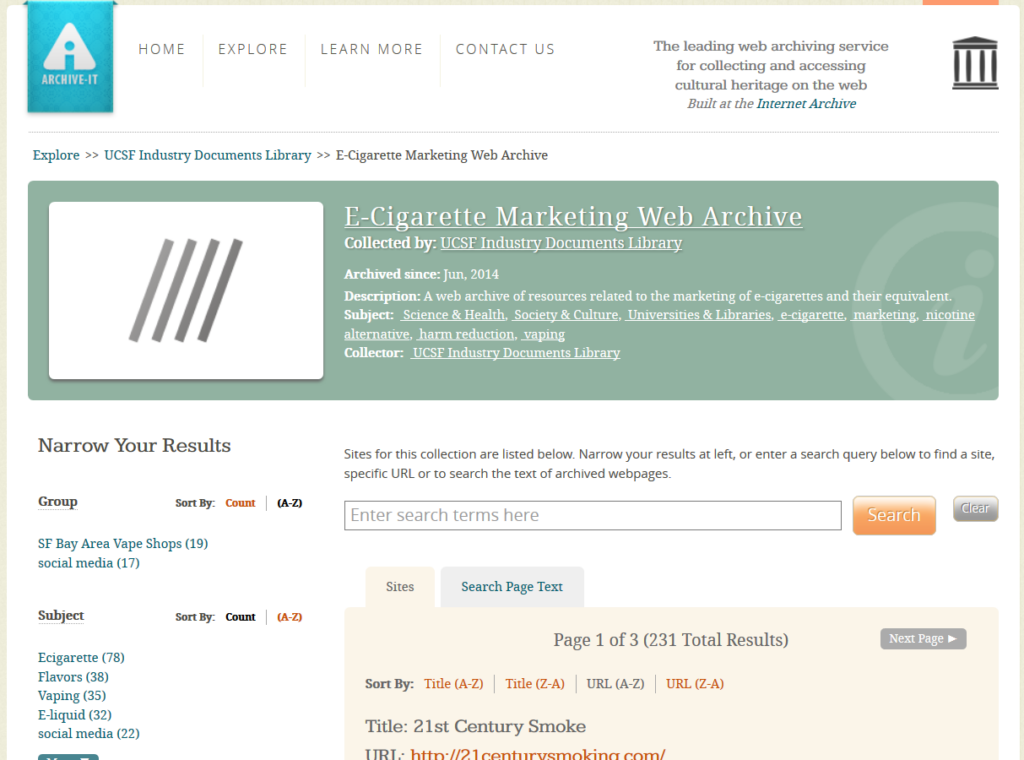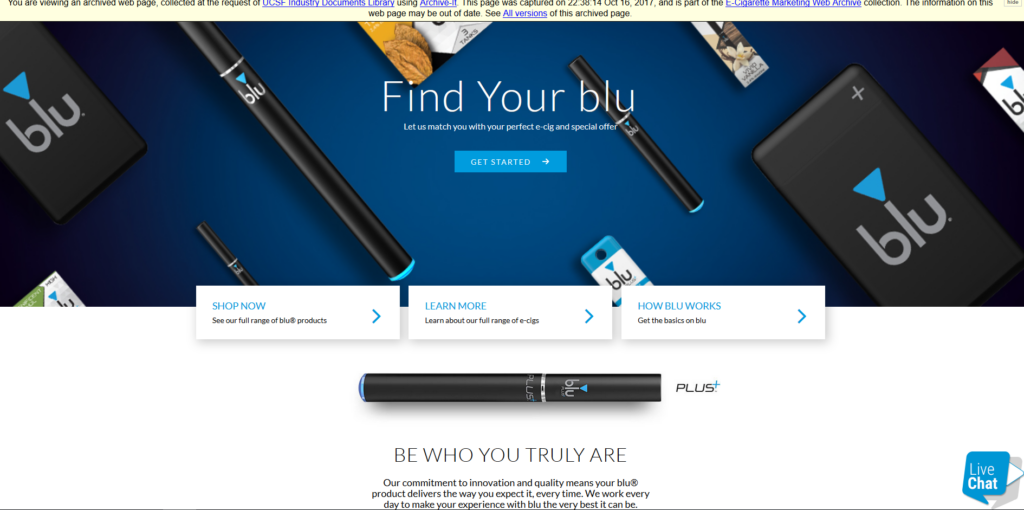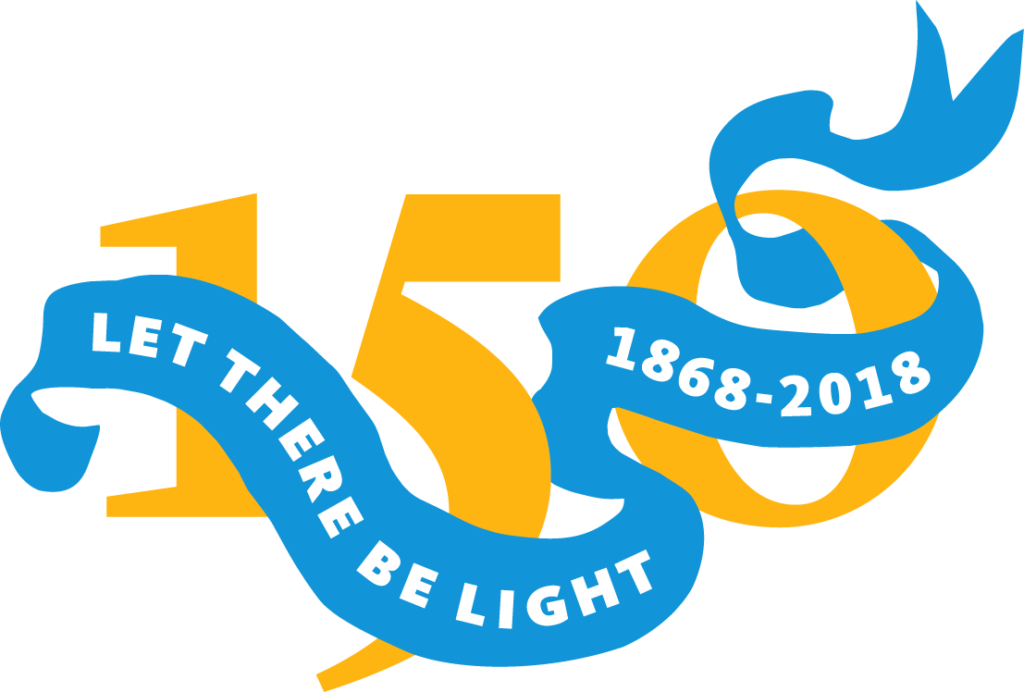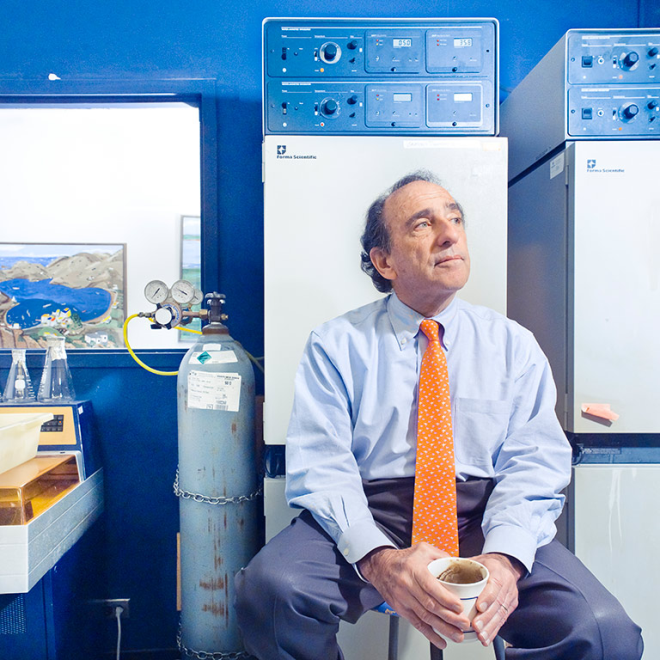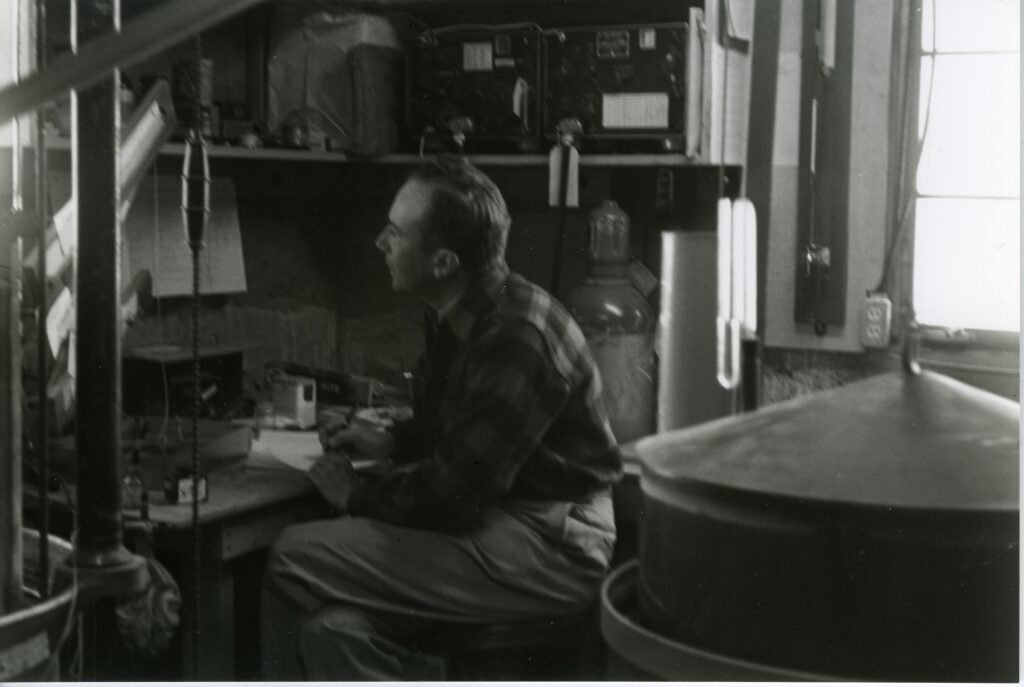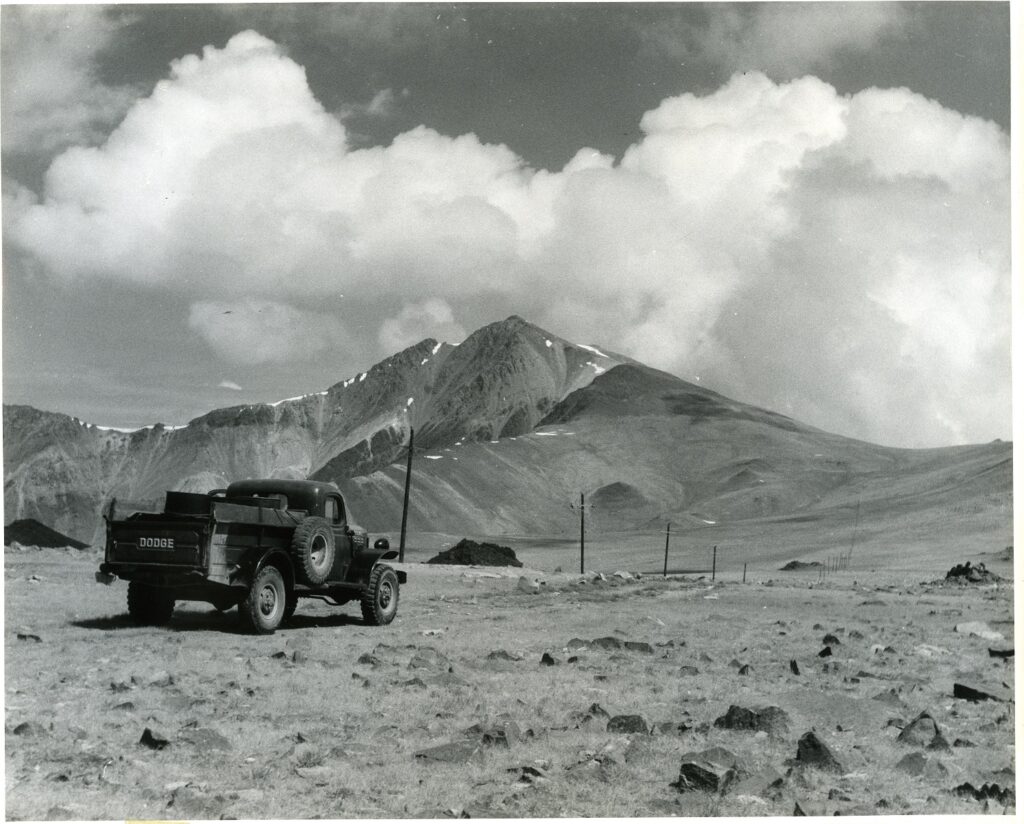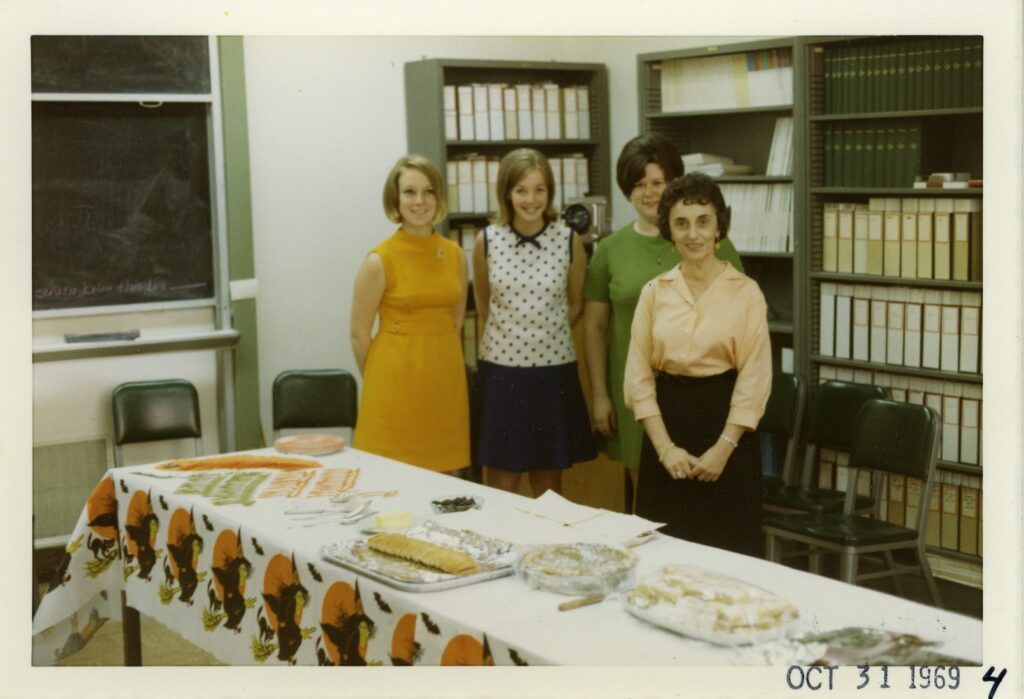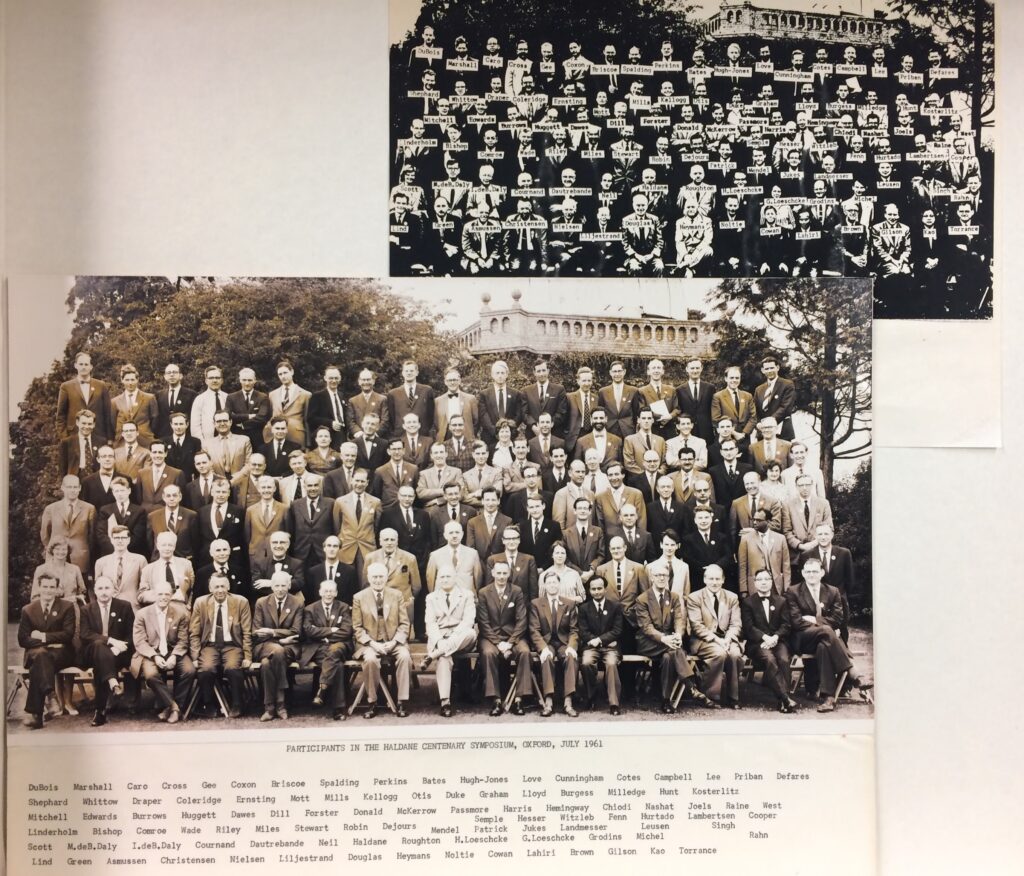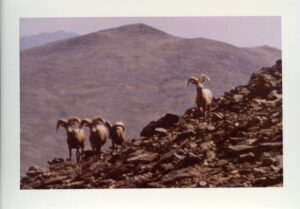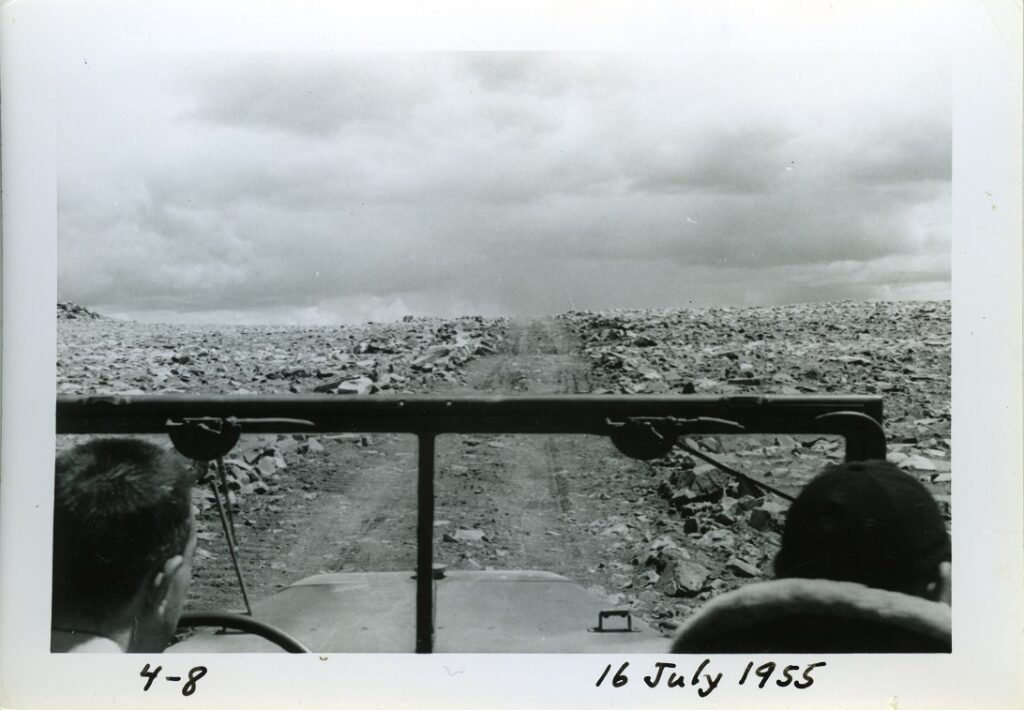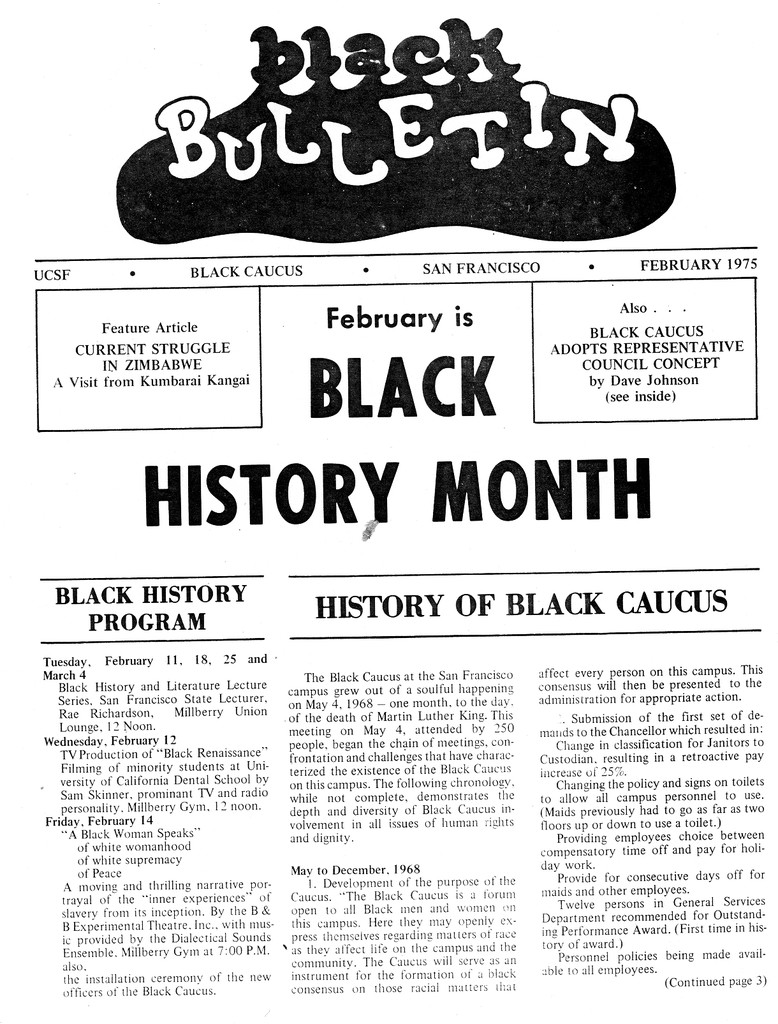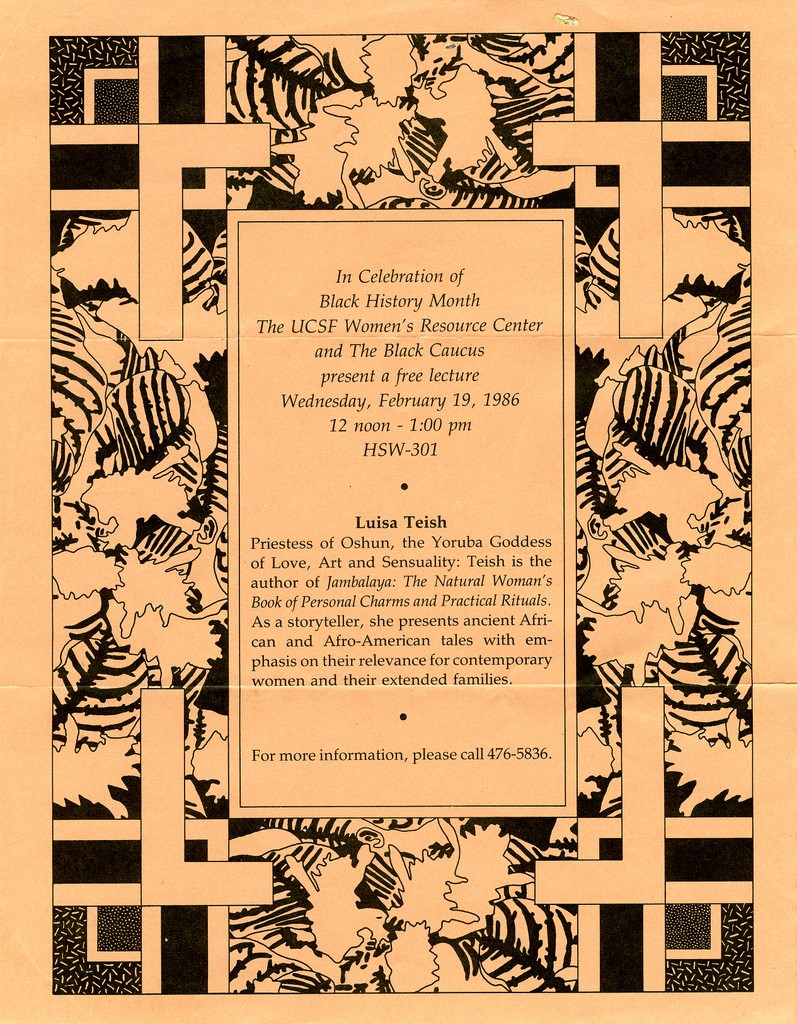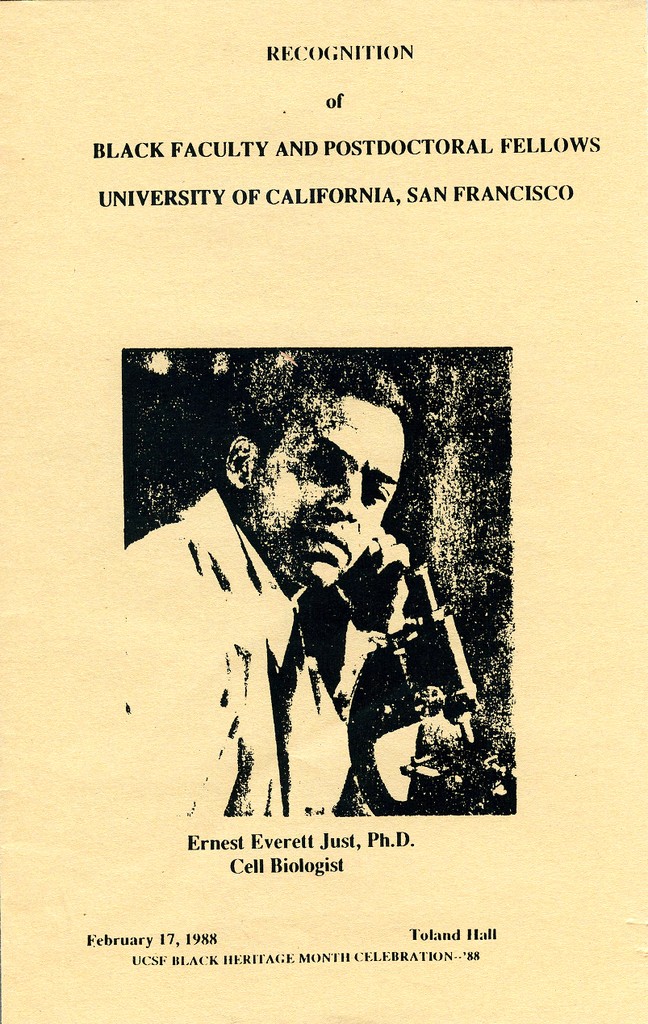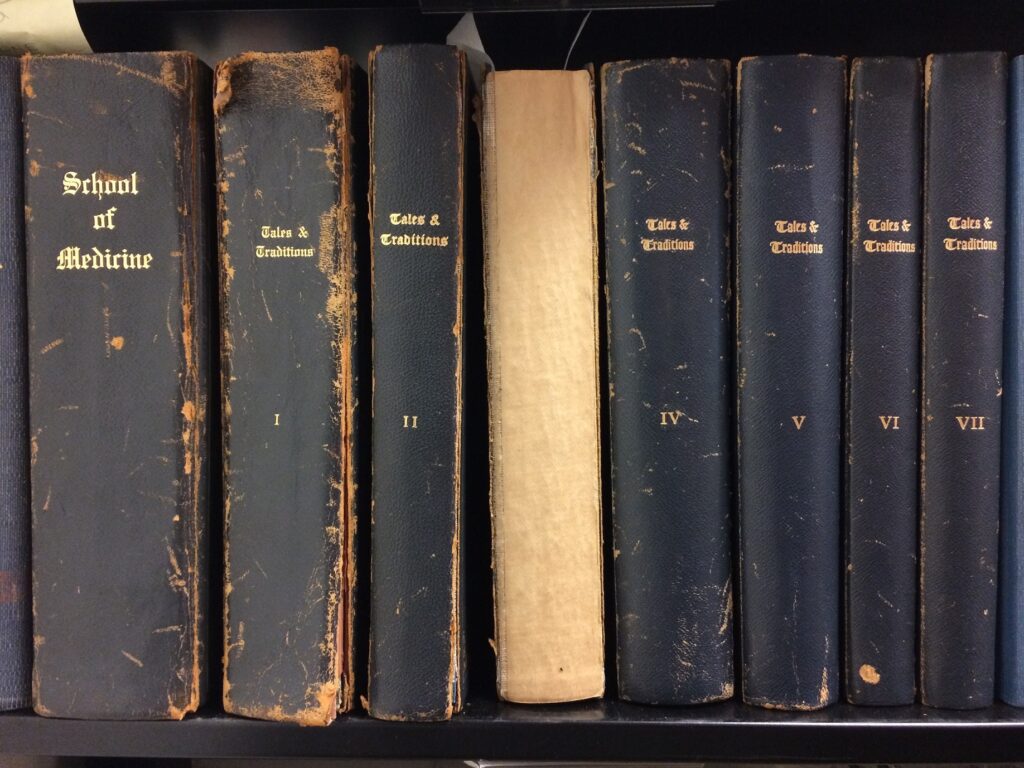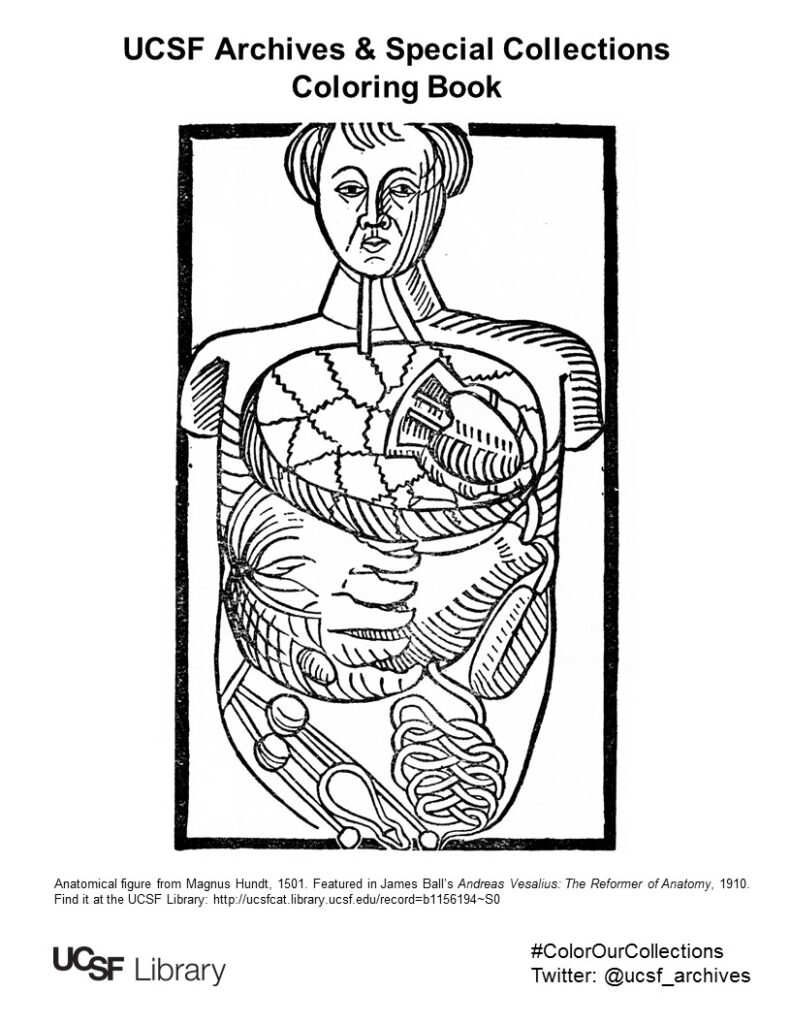This is a guest post by Seth Cotterell, UCSF Archives Volunteer.
As a UCSF Archives volunteer, I get to play an important supporting role in achieving our mission to identify and provide access to rare and unique material and support research and teaching of the health sciences, medical humanities, and the history of UCSF. Toward that end I have been updating old records and creating new ones that will result in making new, detailed finding aids for collections available online to researchers soon. You’ll have to come back for my next guest blog post to hear the details of that project, though. Today I thought I’d share with you a sneak peek at one of those collections.
If you’re familiar with the history of UCSF you’ve probably heard of Robert Langley Porter. Dr. Porter was a pediatrician and later served as dean of the UC School of Medicine from 1927-1940. He may be best known for spearheading the creation of the Langley Porter Institute, today called the Langley Porter Psychiatric Hospital and Clinics, which receives more than 20,000 visits per year. Of course, this is the kind of information you can get from any web search. What I love about archival research, what you don’t find anywhere else, is the added insight. It’s the glimpse into the mind of the creator, the display of personality, and the richness of character captured in archival collections. For example, did you know that Dr. Porter was also a poet, sometimes writing verses on the back of Office of the Dean letterhead? This collection includes a love sonnet, a poem about potatoes, and this one which he apparently wrote in the bath!
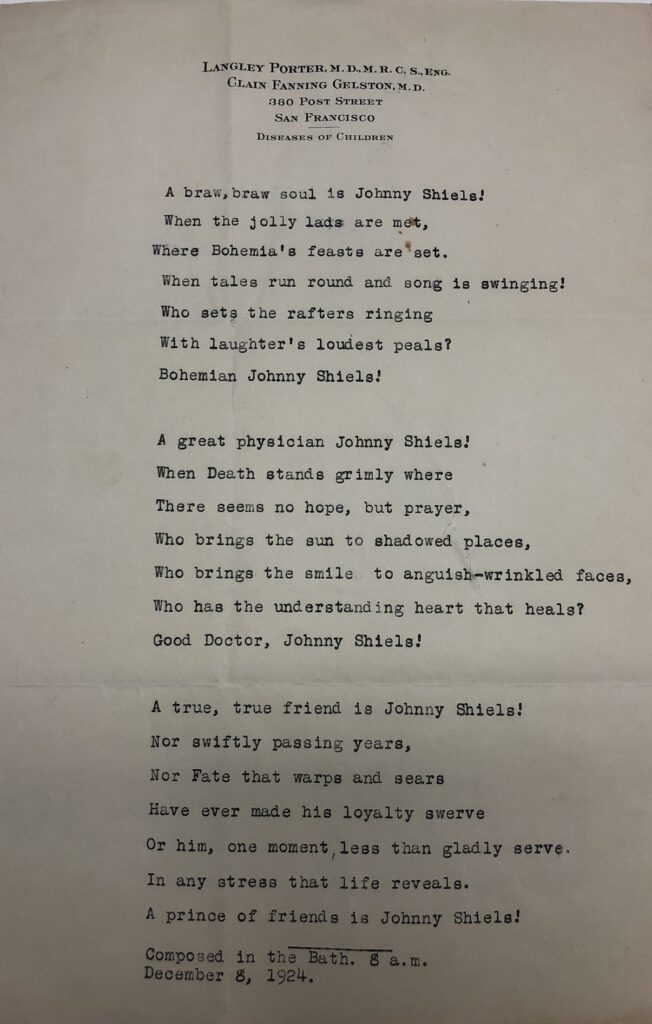
Poem by Robert Langley Porter, 1924. Porter papers, MSS 77-11. Carton 1, folder 6.
Research is about so much more than simply gathering and reporting data points. Where else but in an archival collection could you expect to find a historical figure’s musings on the great questions, like what is life and what separates human beings from animals and microscopic organisms, next to guidelines for managing the “behavior abnormalities of children,” alongside the outline for an opera he wrote starring a Pan-like deity symbolizing the antithesis of materialism and destruction of nature? Spoiler alert: all this and more can be found in just the miscellaneous writings folders of this collection. And I, for one, would love to know in what context he used these jokes:
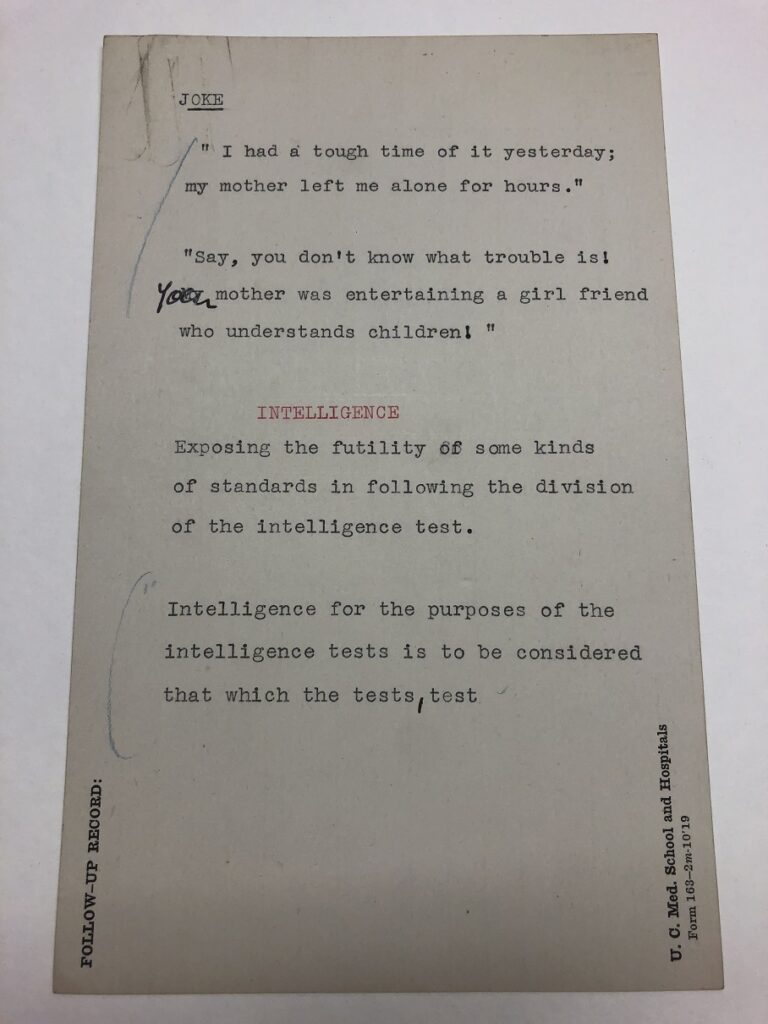
From miscellaneous writings (1), Porter papers, MSS 77-11. Carton 1, folder 14.
One of the most interesting items in the collection for me is a scrapbook that may have been given to Porter on the occasion of his retirement. Included are heartfelt and humorous well wishes from students and colleagues that give us an idea of the impact he had on those around him, not just as a highly respected professional in his field, but as a genuine human being.
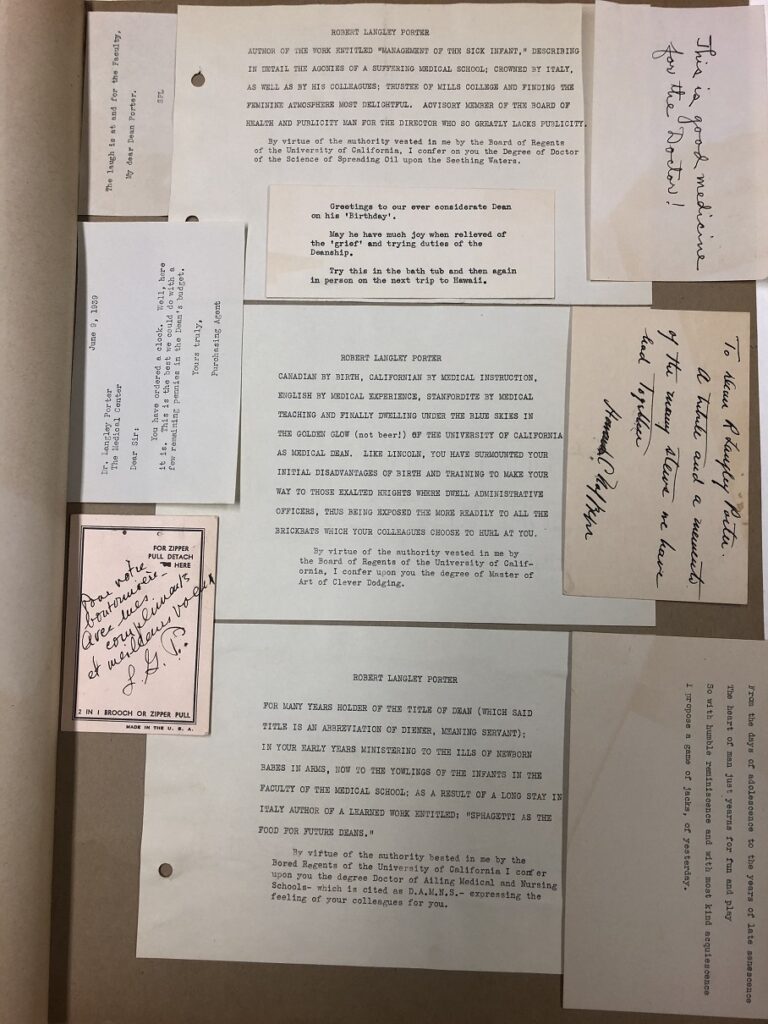
Scrapbook, Porter papers, MSS 77-1. Oversize folder 1.
I look forward to continuing to work with our fascinating collections and to improving accessibility by publishing a number of new finding aids in the very near future for your viewing pleasure.
